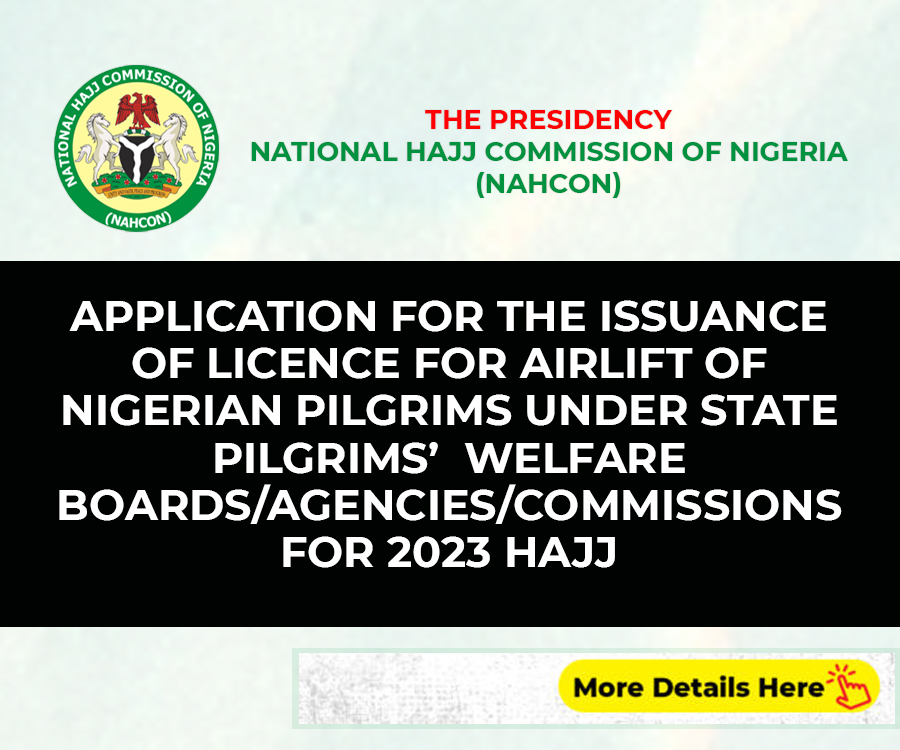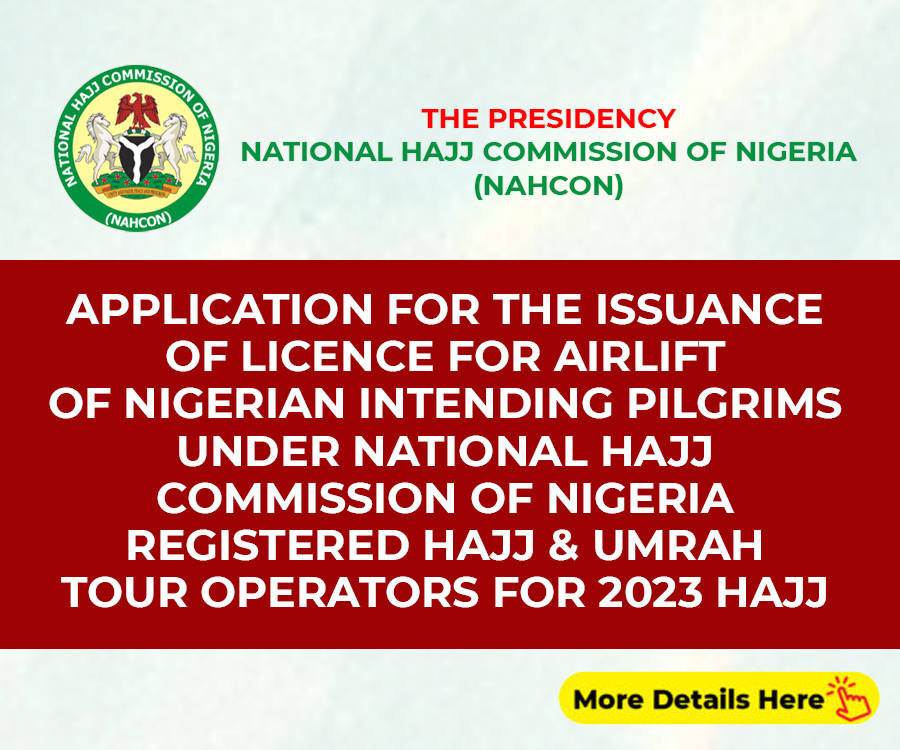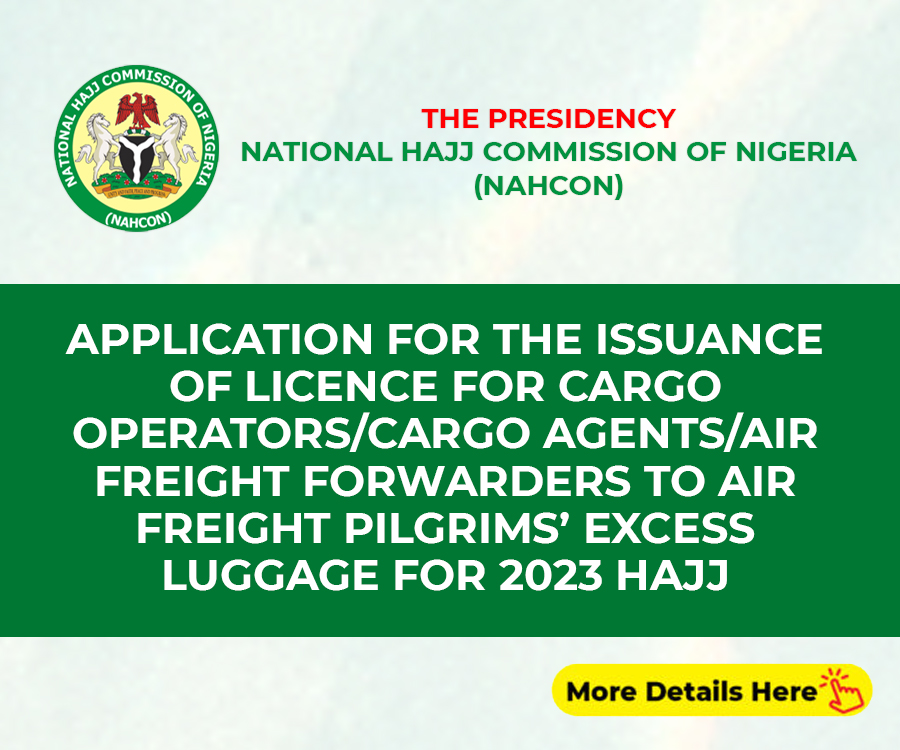
We returned to the hotel to await the New Year vigil. We had requested to join the table of Fatma Samoura, a Senegalese resident of Nosy Be. She is better known all over the world as an African international trailblazer who is the current FIFA secretary-general, a post she has creditably held since 2016. She was recruited from the UN as Resident Coordinator in Nigeria, to oversee FIFA reforms and, as expected, has been boosting female soccer. Brainy, beautiful and courageous Fatma had been UN Resident Coordinator in Madagascar and became attached to Nosy Be, keeping a luxurious home meant for presidents there.
Joel, a very welcoming Malagasy (Malgache in French), picked us up from the Antananarivo airport on 29 December, 2022. I insisted on acquiring a local SIM card to avoid dependence on our hosts’ hotspots. In facilitating this request, as our host grumbled about my supposed “internet addiction”, I had the opportunity of a bird’s eye view of undulating Antananarivo and how architects have, over decades, adapted to nature with respect to constructions. Fruits were noticeable on the roadside as in many African cities. My wife was excited about the mangoes. We didn’t have Ariary, the local currency. It is very unusual for a former French colony in Africa to have a local currency. Does it mean the French influence is weak in Madagascar? Well, Joel bought some mangoes for dinner and they were delicious.
Joel returned us to the local airport on the following day, on our way to Nosy Be. During the airport rides and on my inquiry, Joel taught us that Nosy is a Malagasy word for Island and “Be” translates into Big. He wasted no time in announcing that Nosy Be is the tenth most beautiful Island in the world. I have, over time, learnt not to contest this sort of claim and instead keep my new-found friendships.
When one looks at a map of Africa, it is easy to see the huge Island of Madagascar, towards the bottom, off the eastern coast of Africa. The same phenomenon being reported as having started towards the eventual separation of the Horn of Africa through to the East Rift Valley and further down to separate this land mass from the rest of Africa, is said to have happened some 150 million years ago, with respect to India and Madagascar. But why did India drift so far away and Madagascar remain closer to mother Africa?
Before meeting Joel, I had not known many Malagasy people aside from Ms Lalao Raorisa, an amiable colleague I worked with in Guinea-Bissau. I assumed they are all not hot blooded like Southern Nigerians, until when at the airport two women (out of about 15 or so restless passengers) were shouting at the Air Madagascar officials. Their flight had been delayed for several hours that day before its eventual cancellation. When ours that was slightly delayed was called, I thought they would block our departure, but wiser counsel prevailed. The plane was an ATR 72, a propeller engine aircraft made by the Dutch on which I had flown a number of times while working on UN peace support operations.
We arrived at Nosy Be late. Trying to eat late dinner, at Nosy Be Hotel, and against the standing order of my physician, it was a relief listening to the bellowing of Nigerian music: “… my Baba no be Dangote …”. Please do not ask me about the name of the artist. My brain is extra dull when it comes to recanting the names of artists and their respective music, plays and movies. The huge dining room was nicely crafted out of a huge Baobab tree that served as the pillar. It must have been the kind of single pillar that the Biblical Samson pulled down when he realised that he had been betrayed by the woman he loved.
On the following day, 31st of December, we took a taxi into town. Stalin, our driver, was very friendly but only spoke French. Nosy Be, like Antananarivo, is a case of undulating hills and valleys, with a descent into the Indian Ocean, in the case of the former. Working in Kenya and Liberia had awoken in me an interest in nature: animals and water. Stalin showed a vast body of water said to be a sacred lake. He didn’t know why it is sacred but claims it is also full of crocodiles. I asked if he had ever seen a crocodile there before, or knew someone who had seen one. His answer was in the negative. When I visited the spot a second time, I had the opportunity of asking an elderly lady who had gone to freshen up at the lake the same question. She also responded in the negative. Great if a taboo provides protection for the waters that humans depend upon.
We drove to the very small sleepy seaport. There were remnants of cannons that the French had used to suppress the people and drive away other Europeans, as they formally colonised Madagascar, after the British gave up any claim to it, towards the end of the 19th Century.
It was not that I expected to see many containers at a port in a small Island. Nonetheless, the situation brought to mind how black Africans have over time failed to carve out a niche in the movement of cargo around the world.
Marcus Garvey, that illustrious African and Pan-Africanist from Jamaica, whose thoughts joined with those of others, influenced the decolonisation of Africa and set up the Universal Negro Improvement Association in 1914. His pride in being a black man sought the economic empowerment of Africans and the return to Africa for African people who were willing to do so. In pursuit of this goal, he set up the Black Star Lines (BSL) in 1919, after raising $800,000 from African-Americans eager to purchase stocks in his project, only to be politically tried and jailed for mail fraud. He was eventually pardoned by Calvin Coolidge as US president. With mismanagement and sabotage, his project failed in 1921. Kwame Nkrumah, who (like Nnamdi Azikiwe) had benefited from Garveyism and Pan-Africanism, wasted no time in starting BSL in Ghana in 1957.
Nigerians had followed suit and started the Nigerian National Shipping Line (NNSL), backed by an Act of Parliament. NNSL was established in 1959 to boost economic nationalism and earn money from cargo freight. Starting with four second-hand ships in 1959, Nigeria held 51% of shares of the paid-up capital of £4 million, as the British companies, Elder Dempster Line and Palm Line, held the remaining 49% between themselves. The Nigerians bought up the two partners in 1961.
The fleet grew to 15 vessels by 1971. A new set of 19 vessels were ordered and by the time the first was delivered in 1976/77, the technology had started to change and the ordered ships could not handle the level of containerisation that was becoming the order of the day. Mismanagement and corruption resulted in the pile up of debts. Nigerian ships were being seized in Europe. Attempts to keep NNSL afloat failed. Mismanagement, fierce external competition and corruption ensured NNSL’s liquidation in 1995. From then on, Nigeria reportedly pays to international interests, about $5 billion annually for freight services. The Ghana Black Star Line also failed in 1998. Why have small European countries succeeded? The failure of West Africa in shipping cannot be explained away by the fact that NNSL and BSL were public concerns. Or why haven’t we realised a successful private shipping concern in West Africa since 1998? Leadership deficit and corruption is definitively not limited to the public sector, as the capitalist West would like to emphasise.
On corruption, I sensed this seeing many policemen appearing to be checking the papers of tricycles and cars. On inquiry, a guide informed me that all that was done for the police to extract their tolls. I asked why they had not stopped us and I learnt that they do not stop foreigners. What a relief? At least they have a better sense of propriety than in my country.
 |
 |
 |
|---|
We drove to the market at Hell-Ville, the capital of Nosy Be province. Yes, Hell, as it got its name from the name of Admiral de Hell, a former French governor. The market reminded me of the Nairobi city market, which is by far bigger, but it is still the same concept of a covered yet open building, in which hustle and bustle is taking place while trade goes on in small goods that offer pittance as profit. Outside were women selling “khat”, the stimulant leaf classified as an addictive narcotic by some, and which is very popular in Kenya, Ethiopia, Somalia, Yemen etc.
We returned to the hotel to await the New Year vigil. We had requested to join the table of Fatma Samoura, a Senegalese resident of Nosy Be. She is better known all over the world as an African international trailblazer who is the current FIFA secretary-general, a post she has creditably held since 2016. She was recruited from the UN as Resident Coordinator in Nigeria, to oversee FIFA reforms and, as expected, has been boosting female soccer. Brainy, beautiful and courageous Fatma had been UN Resident Coordinator in Madagascar and became attached to Nosy Be, keeping a luxurious home meant for presidents there.
As the dinner prelude to the New Year started, I sat by a friend, Abdou Dieng, who had retired as a senior UN official who, like myself, has, so far, refused to hang his gloves into a life of sleeping all day. I sought to know, aside from an inclement environment, why Madagascar has remained one of the poorest countries in the world.
Fatma and I got talking. She switched seats with Abdou and gave me a detailed lecture, some of which I will add to my story on Antananarivo. Suffice it to state that I also learnt a major aspect of Fatma.
Sad that twin infanticide was being practiced in Madagascar until very recently. It was practiced in Nigeria, specifically among the Efik of Calabar, as well as at Arochukwu among the Igbo. A Scottish missionary, Mary Slessor, arrived Calabar in 1876 at the age of 28 and devoted her life to stopping the cultural practice of seeing twins as a curse. Twins were abandoned to die in the forest. She saved many of them. In today’s world, in which the view of peace has been broadened, she would have received the Nobel Award for Peace.
In the case of Madagascar, the practice in Mananjary came out of a curse placed on twin births. There was a story that there was a war during which the people under attack escaped safely, only for the king to realise that one of his twins was missing. He went back to look for him and never returned. The people thereafter placed a curse on twin births.
Parents who had twins had to abandon them or they themselves were banished from the community. The practice was legislated against in 1982, but old habits die hard. So, Fatma became an advocate for the extermination of this evil practice. She set up a settlement in support of abandoned twins and their parents at the twins village in Mananjary. The settlement received support from funds she raised and her earnings.
Fatma demonstrated courage by ignoring the local “fady” or taboo on twin curse, in spite of insinuations that harm would befall her. She told the story of her navigating the Pangalanes canal from Mananjary to Fanivelona to attend the celebration of the oldest twins living in the community, thirty years after the abolition of the “fady kabana”. She was warned not to undertake the journey that would upset the ancestors. Determined, she embarked on the journey but got lost in the body of waters, with two snakes swimming along on both sides of her boat. It seemed the ancestors had sealed her fate but she completed the journey several hours late.
Similarly, she demonstrated courage not long after she was appointed FIFA secretary-general by standing up to Theresa May as British prime minister over the wearing of poppies (deemed a political symbol) by British soccer players at FIFA matches in memory of British fallen heroes. She had argued that others also have heroes and Remembrance Days, and should we all wear insignias to the football pitch? Nigeria changed its own Remembrance Day to 15th of January as opposed to the British 11th of November. If Britain can wear it, why shouldn’t Nigerians, Thais and 54 African countries? After all, they say what is good for the goose is good for the gander. But then, the reality of international politics is well put in George Orwell’s Animal Farm: “All Animals are equal, but some are more equal than others”.
Unfortunately, for the twins’ settlement at Mananjary, it was wiped out by Cyclone Batsirai in early February 2022 . I understand that it is currently being gradually rebuilt. Between January and March last year, five cyclones hit Madagascar, resulting in 123 fatalities and huge losses in material resources for a poor country.
The 1st of January was much of dining and relaxing. A sumptuous beach-side lunch at the invitation of Fatma, as well as a boat ride to a nearby Island to collect shells were the major activities of the day. Seeing sun set on Mount Passot was exciting and spectacular.
The 2nd of January provided the opportunity I had been waiting for: the interaction with nature at Lemur Park or Lemuria land. Most maps of Africa do not easily show many Islands adjoining the big Island of Madagascar, including Nosy Be on the north west portion. There are several biological species that are unique to Madagascar, with the most popular being the Lemur – a beautiful type of monkey. The Lemurs were all over the place, even before we entered the park. I had beautiful pictures of different species of Lemurs: Dancing Lemur, Browned Lemur, Crowned Lemur, etc.
There were Ylang Ylang trees all over. Our first stop was at the Ylang Ylang factory that was established by an Indian family in 1889. The flowers are picked. I was informed that 500 kilogrammes of the flowers mixed with 300 litres of water provide 12 litres of oil. This oil is reportedly the base product for some perfume brands.
It was interesting to see a tortoise named Napoleon, said to be 212 years old, in a lethargic state, as 180 years old Bonaparte was close by Josephine, said to be 80 years old. We moved on to see the Dancing Lemur only to be jolted by some loud sound. My guide asked us to rush back and see Bonaparte and Josephine making love. Why do animals, including humans, make involuntary sounds while in the process? Well, I was able to have a video recording of what was left of the copulation. I chose to carry what I think is a huge panther chameleon. The claws produced a scratchy feeling I did not quite enjoy. There were many other reptiles, the Iguana, crocodiles, boa constrictor, etc.
A Sakalava (one of eighteen ethnic groups in Madagascar) Queen planted a Ficus–Banyan tree that has spread into a huge grove covering some 5,000 square metres. Buddha had reportedly received inspiration under a Banyan tree. The roots come from up the tree like threads to touch the ground in order to become roots properly so called. But how was the first tree planted? The Sakalava people are animists and not Buddhists. So, I visited the grove where people express wishes. It is relieving to see tourists engaging and enjoying the allure around the relatively calm Indian Ocean again, after the COVID-19 pandemic.
The first and only time I had a massage was in 1994. I never thought I would again until the 3rd of January on the way to the airport. It was pleasant. Trying to have lunch at the hotel where my wife and I, as well as our host, had massage were four young Yoruba ladies chatting away with their funny Oyinbo accent.
Babafemi A. Badejo, author of a best-seller on politics in Kenya, among other books, is a former Deputy Special Representative of the UN Secretary-General for Somalia, is currently a professor of Political Science/International Relations at Chrisland University, Abeokuta, Nigeria.
Support PREMIUM TIMES' journalism of integrity and credibility
Good journalism costs a lot of money. Yet only good journalism can ensure the possibility of a good society, an accountable democracy, and a transparent government.
For continued free access to the best investigative journalism in the country we ask you to consider making a modest support to this noble endeavour.
By contributing to PREMIUM TIMES, you are helping to sustain a journalism of relevance and ensuring it remains free and available to all.
TEXT AD: Call Willie – +2348098788999
Please enable JavaScript to view the comments powered by Disqus.








